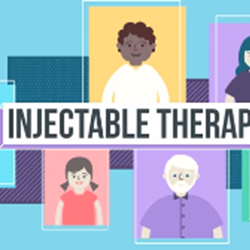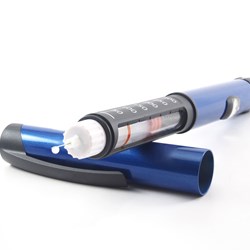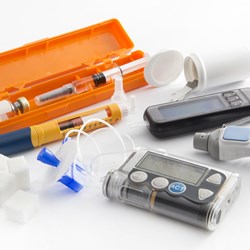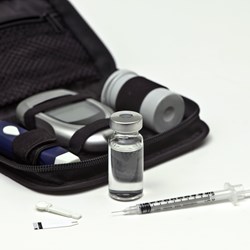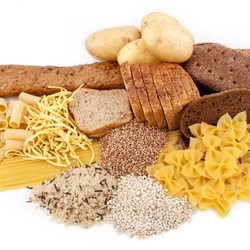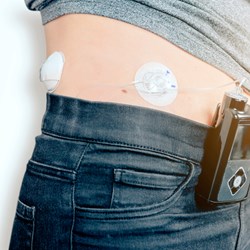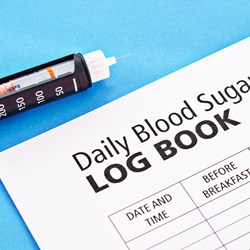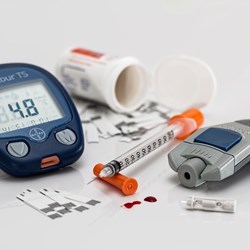Medication - Insulin
Insulin is delivered either through injecting or through an insulin pump. Insulin injections have improved significantly over the years, with insulin pens replacing the syringes and needles of the past.
These pens have tiny disposable needles and are much less painful than other types of injection.
To find out more about insulin, register for our BERTIE Understanding Type 1 Diabetes eLearning course. There is also a list of resources about types of insulin, how to store it, and injection techniques below.
Advanced Search
Resource type -
Language -
Type of diabetes -
This video provides information on insulin injections for diabetes.
The treatment of type 1 diabetes has changed over the years and although the principles are similar, there are now more tools than ever to help with the treatment and management of type 1 diabetes.
A brief guide to insulin injection techniques.
A brief guide to the types of insulin and how long each type of insulin lasts over a 24-hour period.
Information on transporting your insulin and other equipment.
Carbohydrate counting is a way of matching insulin requirements with the amount of carbohydrate that you eat or drink. This course will give you everything you need to know about counting carbs.
This mini-module gives an introduction to hybrid closed loop technology and covers what it is, the pros and cons and what you need to consider when choosing a hybrid closed loop system.
The blood glucose level in someone who does not have diabetes keeps remarkably steady despite variable meal sizes and amount of activity. This is achieved by the body always producing the right amount of insulin. Learning how to use your mealtime insulin injections correctly can help you to achieve…
A brief guide to te types of insulin and how long each type of insulin lasts of a 24-hour period.
Insulin treatment improves the quality of life in many people and saves the lives of others. It is used to lower blood glucose levels. However, insulin management and prescribing errors are very common and can lead to patient harm. This leaflet can help you to get the most out of your insulin treatm…
